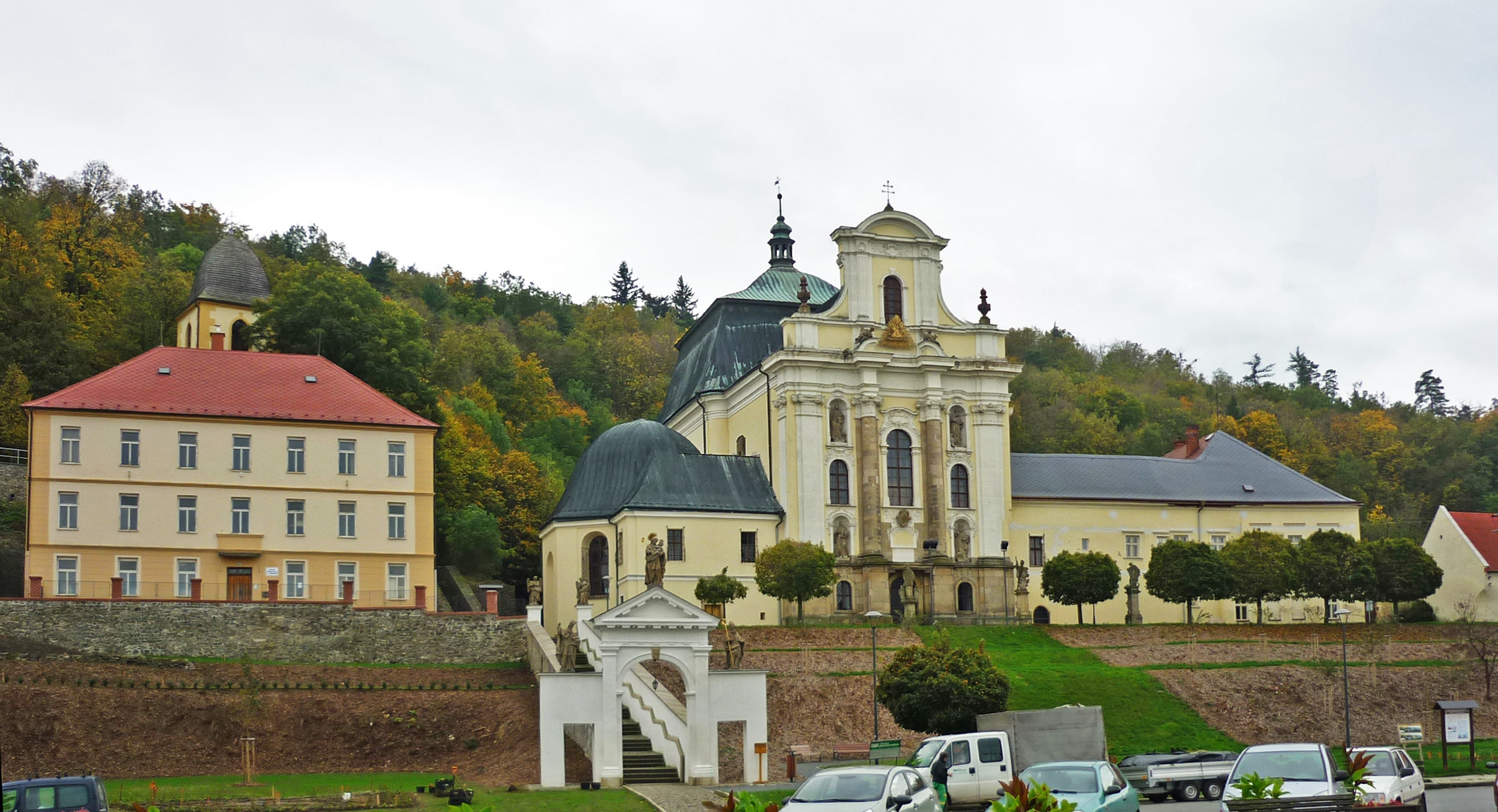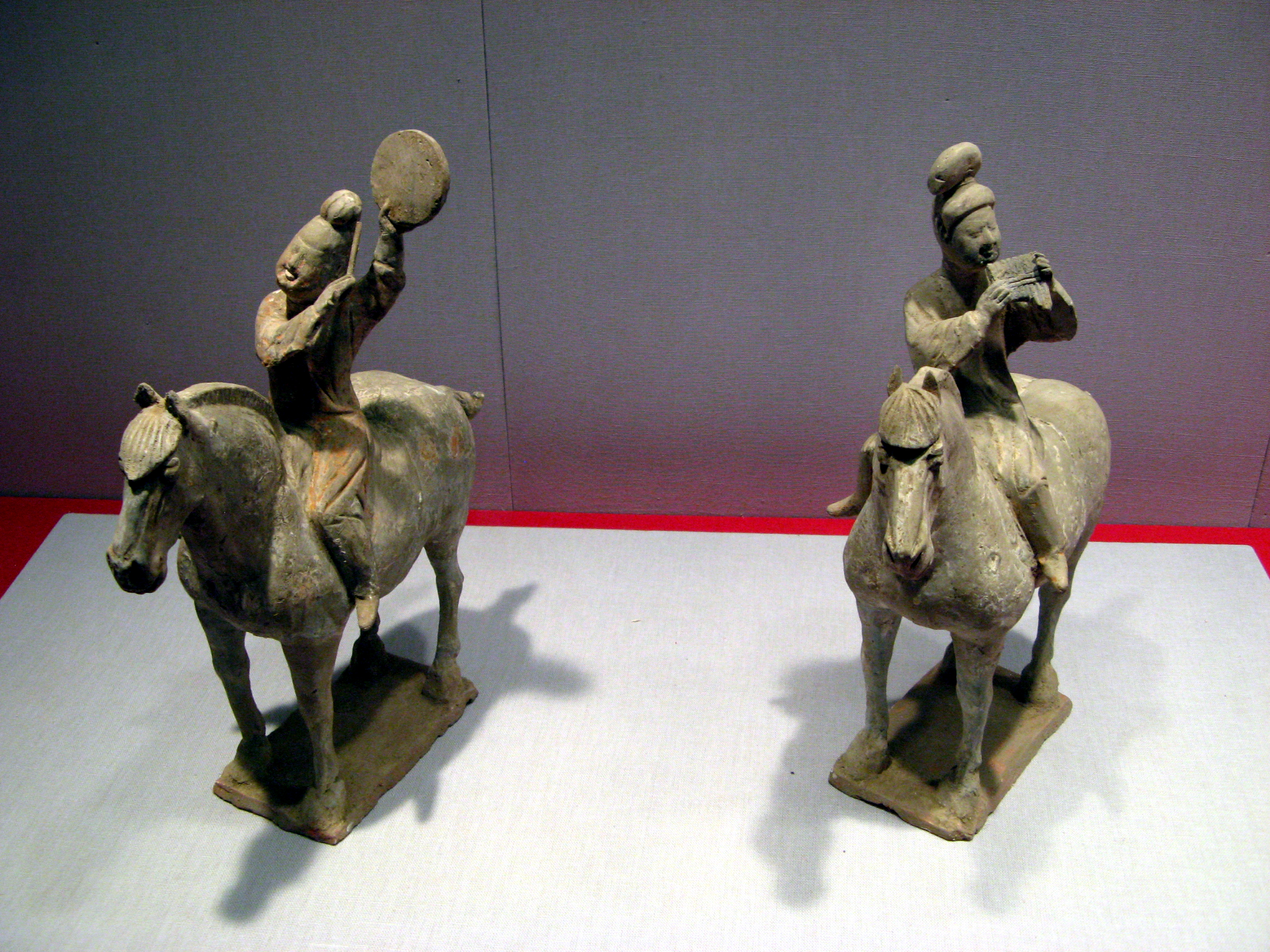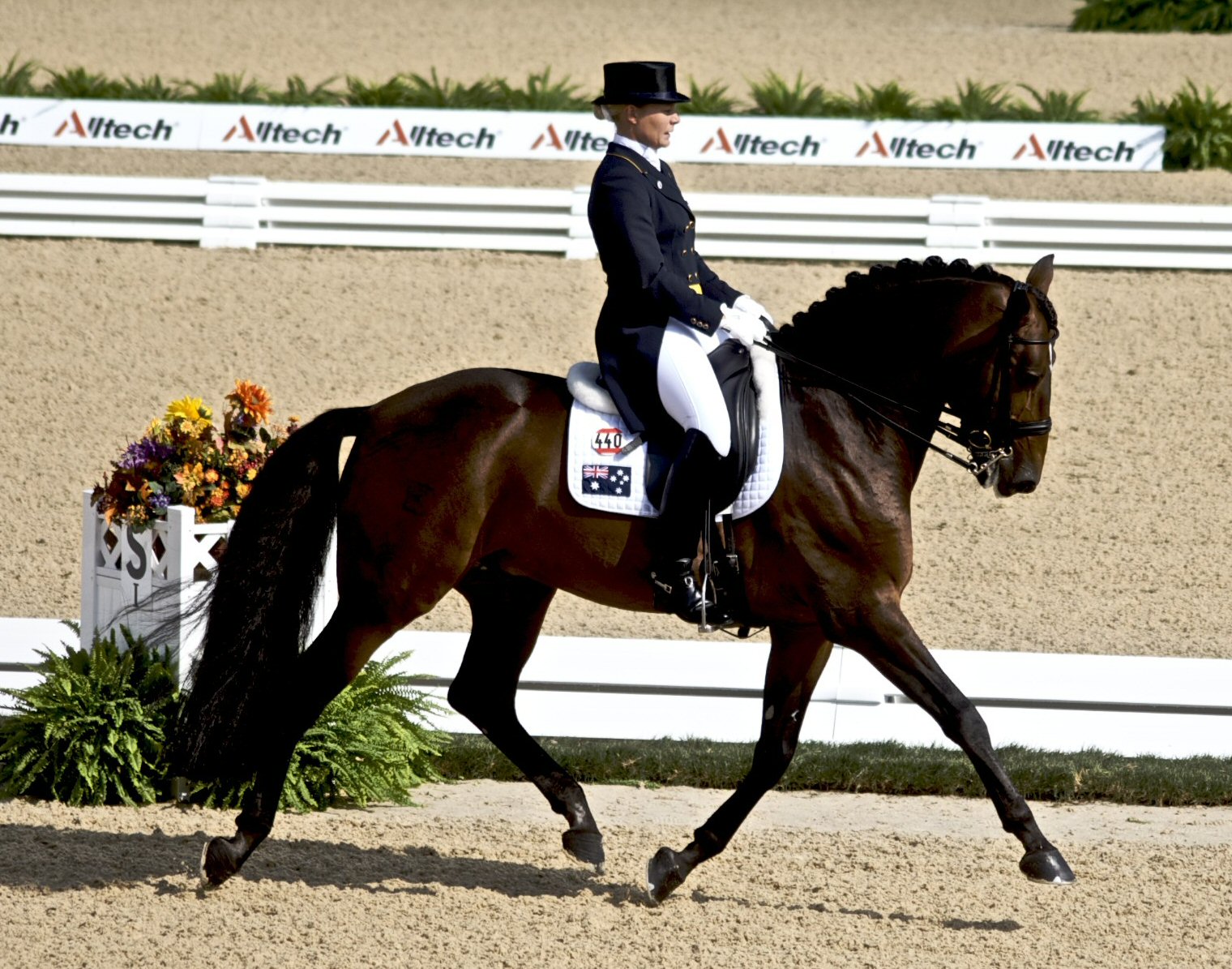|
Václav Procházka (equestrian)
Václav Procházka (23 September 1904 – 24 April 1985) was a Czech equestrian. He competed in two events at the 1936 Summer Olympics The 1936 Summer Olympics (), officially the Games of the XI Olympiad () and officially branded as Berlin 1936, were an international multi-sport event held from 1 to 16 August 1936 in Berlin, then capital of Nazi Germany. Berlin won the bid to .... References External links * 1904 births 1985 deaths Czech male equestrians Olympic equestrians for Czechoslovakia Equestrians at the 1936 Summer Olympics People from Fulnek Sportspeople from the Moravian-Silesian Region {{CzechRepublic-equestrian-bio-stub ... [...More Info...] [...Related Items...] OR: [Wikipedia] [Google] [Baidu] |
Equestrianism
Equestrianism (from Latin , , , 'horseman', 'horse'), commonly known as horse riding ( Commonwealth English) or horseback riding (American English), includes the disciplines of riding, driving, and vaulting. This broad description includes the use of horses for practical working purposes, transportation, recreational activities, artistic or cultural exercises, and competitive sport. Overview of equestrian activities Horses are trained and ridden for practical working purposes, such as in police work or for controlling herd animals on a ranch. They are also used in competitive sports including dressage, endurance riding, eventing, reining, show jumping, tent pegging, vaulting, polo, horse racing, driving, and rodeo (see additional equestrian sports listed later in this article for more examples). Some popular forms of competition are grouped together at horse shows where horses perform in a wide variety of disciplines. Horses (and other equids such as mules ... [...More Info...] [...Related Items...] OR: [Wikipedia] [Google] [Baidu] |
Fulnek
Fulnek () is a town in Nový Jičín District in the Moravian-Silesian Region of the Czech Republic. It has about 5,500 inhabitants. The historic town centre is well preserved and is protected as an Cultural monument (Czech Republic)#Monument zones, urban monument zone. Administrative division Fulnek consists of 11 municipal parts (in brackets population according to the 2021 census): *Fulnek (2,801) *Děrné (363) *Dolejší Kunčice (124) *Jerlochovice (593) *Jestřabí (136) *Jílovec (68) *Kostelec (98) *Lukavec (372) *Pohořílky (54) *Stachovice (445) *Vlkovice (302) Geography Fulnek is located about north of Nový Jičín and southwest of Ostrava. It lies in the hilly landscape of the Nízký Jeseník range. The highest point is at above sea level. The town is situated at the confluence of the streams of Husí potok and Gručovka. History Fulnek was probably founded by the lords of Lichtenburk, who received this land from King Ottokar II of Bohemia, Ottokar II. The f ... [...More Info...] [...Related Items...] OR: [Wikipedia] [Google] [Baidu] |
Pardubice
Pardubice (; ) is a city in the Czech Republic. It has about 92,000 inhabitants. It is the capital city of the Pardubice Region and lies on the Elbe River. The historic centre is well preserved and is protected as an Cultural monument (Czech Republic)#Monument reservations, urban monument reservation. Pardubice is known as the centre of industry, which represents an oil refinery or an electronic equipment plant. The city is well known for its sport events, which include the Velká pardubická steeplechase in horse racing, the Golden Helmet of Pardubice in motorcycle racing, and the Czech Open international chess and board games festival. Administrative division Pardubice consists of eight Statutory city (Czech Republic)#Differences of statutory city, self-governing boroughs. In addition, Pardubice consists of 27 municipal parts, whose borders do not respect the boundaries of boroughs (in brackets population according to the 2021 census): *Pardubice I (20,928) **''Bílé Předměs ... [...More Info...] [...Related Items...] OR: [Wikipedia] [Google] [Baidu] |
Equestrianism
Equestrianism (from Latin , , , 'horseman', 'horse'), commonly known as horse riding ( Commonwealth English) or horseback riding (American English), includes the disciplines of riding, driving, and vaulting. This broad description includes the use of horses for practical working purposes, transportation, recreational activities, artistic or cultural exercises, and competitive sport. Overview of equestrian activities Horses are trained and ridden for practical working purposes, such as in police work or for controlling herd animals on a ranch. They are also used in competitive sports including dressage, endurance riding, eventing, reining, show jumping, tent pegging, vaulting, polo, horse racing, driving, and rodeo (see additional equestrian sports listed later in this article for more examples). Some popular forms of competition are grouped together at horse shows where horses perform in a wide variety of disciplines. Horses (and other equids such as mules ... [...More Info...] [...Related Items...] OR: [Wikipedia] [Google] [Baidu] |
Equestrian At The 1936 Summer Olympics
The equestrian events at the 1936 Berlin Summer Olympics included dressage, eventing, and show jumping. All three disciplines had both individual and team competitions. The host country, Germany, had a stellar year, winning both individual and team gold in every equestrian event, as well as individual silver in dressage. The competitions were held from 12 to 16 August 1936. Moderately priced tickets meant huge crowds at all equestrian events, with 15,000–20,000 spectators at any time during the dressage competition, 60,000 on the endurance day of eventing, and 120,000 for the Nations Cup in jumping. There were 127 riders total (133 entries) from 21 nations (Austria, Belgium, Bulgaria, Czechoslovakia, Denmark, Finland, France, Germany, Great Britain, Hungary, Italy, Japan, Netherlands, Norway, Poland, Portugal, Romania, Sweden, Switzerland, Turkey, and the United States). Seven countries (Czechoslovakia, France, Germany, Hungary, the Netherlands, Sweden, and the USA) fielded 3- ... [...More Info...] [...Related Items...] OR: [Wikipedia] [Google] [Baidu] |
1936 Summer Olympics
The 1936 Summer Olympics (), officially the Games of the XI Olympiad () and officially branded as Berlin 1936, were an international multi-sport event held from 1 to 16 August 1936 in Berlin, then capital of Nazi Germany. Berlin won the bid to host the Games over Barcelona on the 29th IOC Session on 26 April 1931. The 1936 Games marked the second and most recent time the International Olympic Committee gathered to vote in a city bidding to host those Games. Later rule modifications forbade cities hosting the bid vote from being awarded the games. To outdo the 1932 Summer Olympics, 1932 Los Angeles Games, Adolf Hitler had Olympiastadion (Berlin), a new 100,000-seat track and field stadium built, as well as six gymnasiums and other smaller arenas. The Games were the first to be Fernsehsender Paul Nipkow, televised, with radio broadcasts reaching 41 countries.Rader, Benjamin G. "American Sports: From the Age of Folk Games to the Age of Televised Sports", 5th ed. Filmmaker Leni Ri ... [...More Info...] [...Related Items...] OR: [Wikipedia] [Google] [Baidu] |
1904 Births
Events January * January 7 – The distress signal ''CQD'' is established, only to be replaced 2 years later by ''SOS''. * January 8 – The Blackstone Library is dedicated, marking the beginning of the Chicago Public Library system. * January 12 – The Herero Wars in German South West Africa begin. * January 17 – Anton Chekhov's last play, ''The Cherry Orchard'' («Вишнëвый сад», ''Vishnevyi sad''), opens at the Moscow Art Theatre directed by Constantin Stanislavski, 6 month's before the author's death. * January 23 – The Ålesund fire destroys most buildings in the town of Ålesund, Norway, leaving about 10,000 people without shelter. * January 25 – Halford Mackinder presents a paper on "The Geographical Pivot of History" to the Royal Geographical Society of London in which he formulates the Heartland Theory, originating the study of geopolitics. February * February 7 – The Great Baltimore Fire in Baltimore, Maryland, destroys over 1,500 build ... [...More Info...] [...Related Items...] OR: [Wikipedia] [Google] [Baidu] |
1985 Deaths
The year 1985 was designated as the International Youth Year by the United Nations. Events January * January 1 ** The Internet's Domain Name System is created. ** Greenland withdraws from the European Economic Community as a result of a new agreement on fishing rights. * January 7 – Japan Aerospace Exploration Agency launches '' Sakigake'', Japan's first interplanetary spacecraft and the first deep space probe to be launched by any country other than the United States or the Soviet Union. * January 15 – Tancredo Neves is elected president of Brazil by the Congress, ending the 21-year military rule. * January 27 – The Economic Cooperation Organization (ECO) is formed, in Tehran. * January 28 – The charity single record "We Are the World" is recorded by USA for Africa. February * February 4 – The border between Gibraltar and Spain reopens for the first time since Francisco Franco closed it in 1969. * February 5 – Australia cancels its involv ... [...More Info...] [...Related Items...] OR: [Wikipedia] [Google] [Baidu] |
Czech Male Equestrians
Czech may refer to: * Anything from or related to the Czech Republic, a country in Europe ** Czech language ** Czechs, the people of the area ** Czech culture ** Czech cuisine * One of three mythical brothers, Lech, Czech, and Rus *Czech (surname) *Czech, Łódź Voivodeship, Poland *Czechville, Wisconsin, unincorporated community, United States See also * Čech, a surname * Czech lands * Czechoslovakia * List of Czechs * * * Check (other) * Czechoslovak (other) * Czech Republic (other) The Czech Republic The Czech Republic, also known as Czechia, and historically known as Bohemia, is a landlocked country in Central Europe. The country is bordered by Austria to the south, Germany to the west, Poland to the northeast, and ... * Czechia (other) {{disambiguation Language and nationality disambiguation pages ... [...More Info...] [...Related Items...] OR: [Wikipedia] [Google] [Baidu] |
Olympic Equestrians For Czechoslovakia
Olympic or Olympics may refer to Sports Competitions * Olympic Games, international multi-sport event held since 1896 ** Summer Olympic Games ** Winter Olympic Games * Ancient Olympic Games, ancient multi-sport event held in Olympia, Greece between 776 BC and 393 AD * Olympic (greyhounds), a competition held annually at Brighton & Hove Greyhound Stadium Clubs and teams * Adelaide Olympic FC, a soccer club from Adelaide, South Australia * Fribourg Olympic, a professional basketball club based in Fribourg, Switzerland * Sydney Olympic FC, an Australian soccer club * Olympic Club (Barbacena), a Brazilian football club based in Barbacena, Minas Gerais state * Olympic Mvolyé, a Cameroonian football club based in Mvolyé * Olympic Club (Egypt), a football and sports club based in Alexandria * Blackburn Olympic F.C., an English football club based in Blackburn, Lancashire * Rushall Olympic F.C., an English football club based in Rushall * FC Olympic Tallinn, an Estoni ... [...More Info...] [...Related Items...] OR: [Wikipedia] [Google] [Baidu] |
Equestrians At The 1936 Summer Olympics
Equestrianism (from Latin , , , 'horseman', 'horse'), commonly known as horse riding (Commonwealth English) or horseback riding (American English), includes the disciplines of riding, Driving (horse), driving, and Equestrian vaulting, vaulting. This broad description includes the use of horses for practical working animal, working purposes, transportation, recreational activities, artistic or cultural exercises, and animals in sport, competitive sport. Overview of equestrian activities Horses are horse training, trained and ridden for practical working purposes, such as in Mounted police, police work or for controlling herd animals on a ranch. They are also used in Horse#Sport, competitive sports including dressage, endurance riding, eventing, reining, show jumping, tent pegging, equestrian vaulting, vaulting, polo, horse racing, driving (horse), driving, and rodeo (see additional equestrian sports listed later in this article for more examples). Some popular forms of competitio ... [...More Info...] [...Related Items...] OR: [Wikipedia] [Google] [Baidu] |
People From Fulnek
The term "the people" refers to the public or common mass of people of a polity. As such it is a concept of human rights law, international law as well as constitutional law, particularly used for claims of popular sovereignty. In contrast, a people is any plurality of persons considered as a whole. Used in politics and law, the term "a people" refers to the collective or community of an ethnic group or nation. Concepts Legal Chapter One, Article One of the Charter of the United Nations states that "peoples" have the right to self-determination. Though the mere status as peoples and the right to self-determination, as for example in the case of Indigenous peoples (''peoples'', as in all groups of indigenous people, not merely all indigenous persons as in ''indigenous people''), does not automatically provide for independent sovereignty and therefore secession. Indeed, judge Ivor Jennings identified the inherent problems in the right of "peoples" to self-determination, as i ... [...More Info...] [...Related Items...] OR: [Wikipedia] [Google] [Baidu] |







